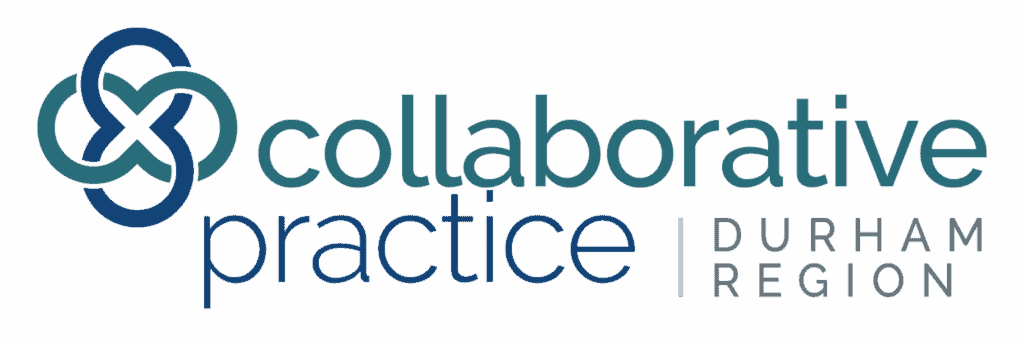Family Law Process
Are you preparing to separate with your partner? Are you considering family law to solve an issue? It’s essential to understand the various family law processes, and the options available to determine the best course of action.
Family law covers domestic relations, which includes separations, annulments and divorces, as well as cohabitation agreements and marriage contracts. Family law also addresses child custody issues like parenting schedules, decision-making responsibility, and child support. These lists are not exhaustive; they vary depending on the province.
When considering family law, it’s important to understand that no two cases are exactly alike, and there isn’t one universal method or approach that works for all families. Some cases may go to trial, while many others may be resolved through out of court options.
Lloyd & Kemper Family Lawyers is proud to represent clients in court litigation and Alternative Dispute Resolution (ADR) processes. Although we appear regularly at the Family Courts in Oshawa, Peterborough, Cobourg and Lindsay, where possible, we encourage clients to resolve their family law matters outside of court, including Collaborative Family Law.
Collaborative Family Law is a family law dispute resolution process that allows all parties involved to work towards an amicable agreement that will be good not only for them but also for their children’s future well-being.
The Collaborative Process is Based on Three Essential Elements:
- Open and full exchange of information.
- A written agreement by both spouses and their lawyers not to resort to the court process; and
- A commitment to mutual respect and focusing on each spouse’s goals and interests over taking an adversarial position toward the separation.
Collaborative Law encourages you to take control of the process and make informed decisions about what you want for yourself and your family; something which can be difficult when emotions are running high. You will be encouraged to keep an open mind and should only agree if you are fully satisfied with the outcome. The process is also designed to remain private, unlike the Court Process, where your private matters become public record.
In many Ontario family law cases, a judge will order parties to mediation as a less expensive and more quickly resolved process. It is a much less formal process than going through a trial in court, but still allows you to have your say about things that are important to you.
Family lawyers who have been at this for years know how much work is involved in getting a family law case ready for trial, and how long it takes. They want to avoid spending all that time preparing the case only to have you not settle before trial, so they ask their clients if they’d be interested in trying mediation instead.
Mediators are trained not to take sides or give advice but rather use problem-solving techniques to get the people in conflict talking to each other and hopefully see each other’s point of view. Once they’ve agreed on some issues, the mediator will draw up a written agreement that you’ll both have to sign saying you’ll carry out what was decided at mediation (“I agree to give X person Y amount of money”).
Negotiation stands for the “traditional” out-of-court process, whereby each party is represented by a lawyer who negotiates a settlement on their behalf.
Unlike the Collaborative process however, in traditional negotiation, either party may change their mind at any time and begin a Court application. When this happens, the other party has no choice but to respond.
This can lead to lengthy and expensive Court proceedings that would likely not have happened if the parties continued the Collaborative process.
Arbitration is an alternative dispute resolution process that is legally binding. Unlike mediation, arbitration does not give the parties any input into selecting the arbitrator. Both parties agree upon the arbitrator. The Family Law Arbitration Process differs from court proceedings in some fundamental ways:
- It’s faster than court proceedings.
- The decisions are usually made quickly, whereas court proceedings can take 6 months to a year or more.
- Arbitration is conducted in private and is confidential. Court proceedings are public.
Arbitrators should be licensed attorneys with experience in family law. The arbitrator will listen to you, the parties involved, and review legal documentation. You must prove your case just as if it were being presented to a judge in court.
Family law litigation is a way of resolving family disputes in the justice system. The justice system consists of an organized group of tribunals and courtrooms that deal with legal matters and resolve conflicts.
The Family Law Act says that parties to a proceeding may apply to the court for an order or judgment if:
They cannot reach agreement on a family law issue by themselves. In some cases, the courts will get involved even if the parties have not applied for a court order. This is called a contested application.
In other cases, one party to the family law dispute may ask the court to resolve an issue without applying for a court order or judgment from the judge. These are called applications for an uncontested order.
Deciding family law issues through court litigation may be expensive and stressful. Some people choose to try mediation, which means they work with a third party to reach an agreement independently without going before a judge in court.
To learn more about how we can help you with your family law case, call our team at 905-493-6788 for a consultation. Lloyd & Kemper Family Law is here to help.
Family Law Process Options
Client Testimonials




Need Professional Legal Help?
The team at Lloyd & Kemper can guide you through family court and divorce proceedings with dignity.
Book a consultation or find out more about which process is right for your unique situation.




